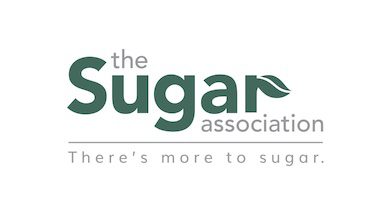

September 12, 2016
We acknowledge that the Sugar Research Foundation should have exercised greater transparency in all of its research activities, however, when the studies in question were published funding disclosures and transparency standards were not the norm they are today. Beyond this, it is challenging for us to comment on events that allegedly occurred 60 years ago, and on documents we have never seen.
Generally speaking, it is not only unfortunate but a disservice that industry-funded research is branded as tainted. What is often missing from the dialogue is that industry-funded research has been informative in addressing key issues.
We question this author’s continued attempts to reframe historical occurrences to conveniently align with the currently trending anti-sugar narrative, particularly when the last several decades of research have concluded that sugar does not have a unique role in heart disease.1
Most concerning is the growing use of headline-baiting articles to trump quality scientific research—we’re disappointed to see a journal of JAMA’s stature being drawn into this trend.
The Sugar Association is always seeking to further understand the role of sugar and health, but we rely on quality science and facts to drive our assertions.

January 14, 2025
January 14, 2025 (Washington, D.C.) – The following reaction statement is attributable to Sugar Association President and CEO Courtney Gaine, PhD, RD: “The Sugar Association supports transparency, but this draft label offers only the illusion of transparency – it entirely leaves out total calories and the use of industrial additives like artificial sweeteners. In fact, […]

December 19, 2024
December 19, 2024 (Washington, D.C.) – The following reaction statement is attributable to Sugar Association President and CEO Courtney Gaine, PhD, RD: “The Sugar Association supports the Dietary Guidelines recommendation to limit added sugars to 10% of total calories, but the new “healthy” definition goes well beyond that recommendation and arbitrarily excludes many foods containing […]

December 10, 2024
December 10, 2024 (Washington, D.C.) – Americans feel more confident about managing their sugar intake when they know the Dietary Guidelines recommendation to limit added sugars to less than 10% of their total calories, and the Sugar Association welcomes the Dietary Guidelines Advisory Committee (DGAC) reaffirmation of that guideline. The added sugars guideline is a […]
© 2025 The Sugar Association, Inc. All rights reserved.
Get Social with #MoreToSugar